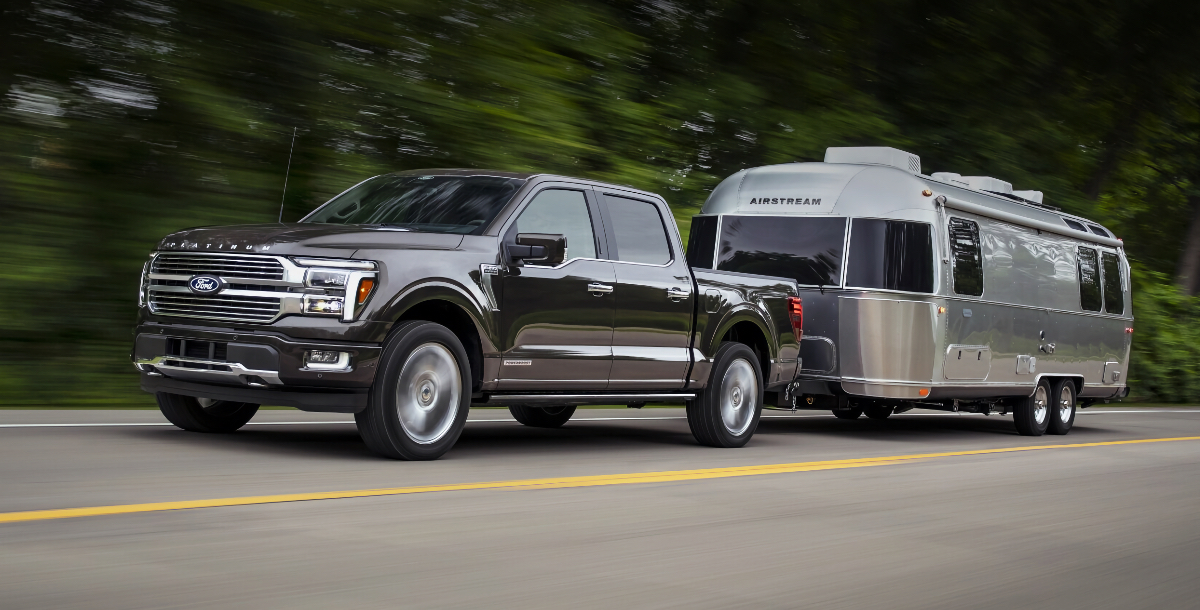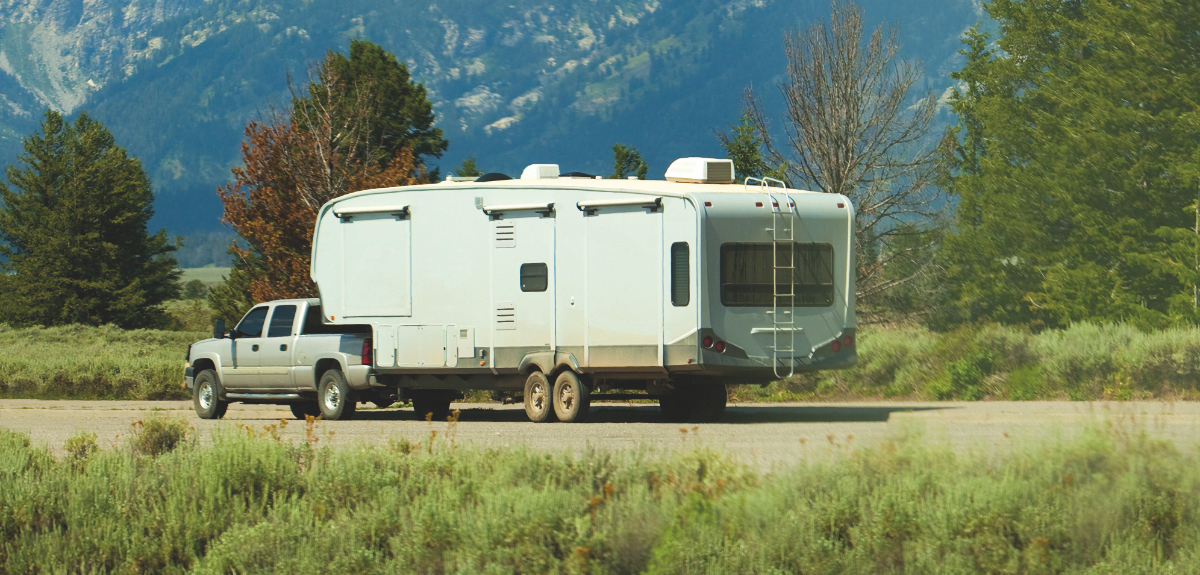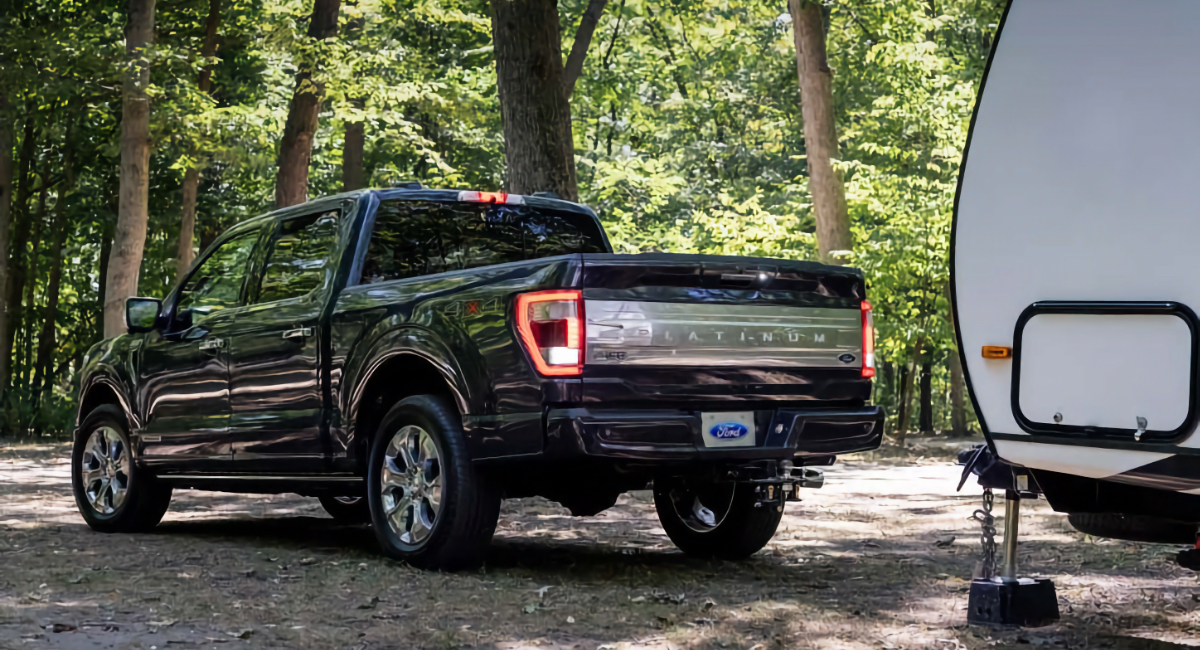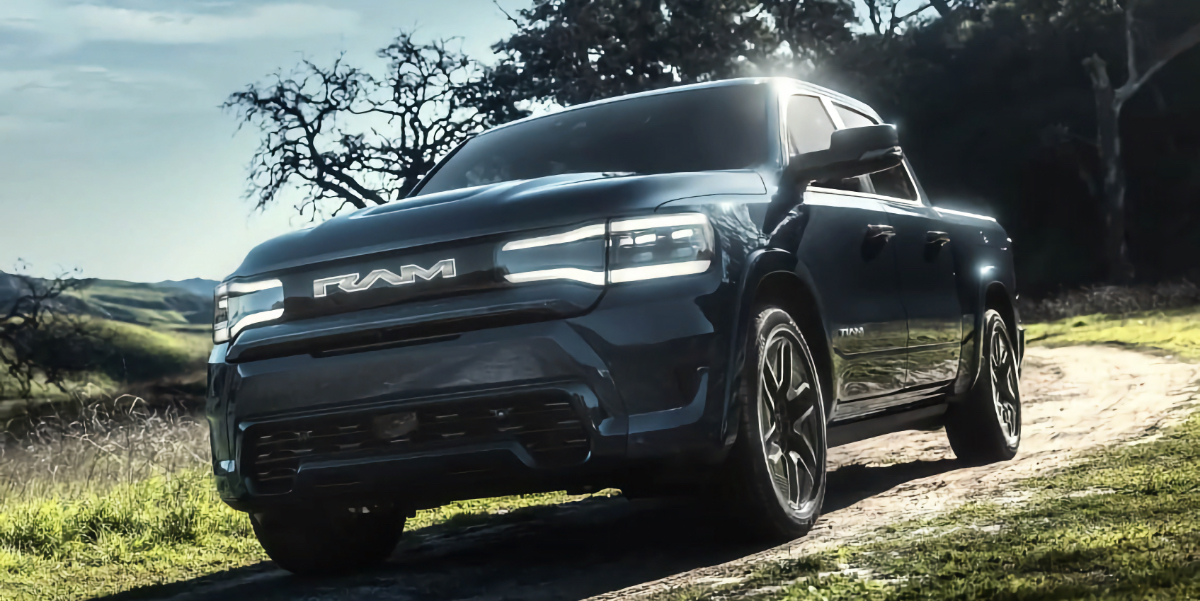What Is Trailer Sway and Why Is It Important to Understand?
You'd better take some time to understand trailer sway if you want to have a safe trip.
Image Caption: Airstream Flying Cloud Travel Trailer
It’s summertime and you’re on your way to the lake. It’s been unbearably hot lately and you can’t wait to launch the boat and soak up some refreshing time in the cool water. Or say you have your travel trailer behind your truck so you can enjoy the lake from the shore. Anyway, as you look in your side-view mirror, you notice the trailer scoot a bit out into the middle of the road. Again, you look out and see the trailer is now rhythmically swaying back and forth behind the truck. What do you do?
Whether you’re hauling a camper, a boat, or have something else in tow, trailer sway is one of the most preventable and most dangerous threats to safety on the road. Once your trailer builds up a significant sway, it can force you out of control, causing you to jackknife or possibly even flip your vehicle. Not only is this very dangerous for you and your passengers, but it puts fellow motorists at risk as well.
The best way to safely haul a trailer is to understand how sway occurs and what you can do about it should you find yourself in a concerning scenario like above.
What Causes Trailer Sway?

Ford’s F-150 can be had packed with plenty of towing technology. (Image from Ford)
The most common factor in trailer sway is probably not all that surprising: the wind. Even a light cross-breeze can get a tow-behind camper fishtailing in the right circumstances. The primary reason for this is that your camper offers a lot of surface area for the wind (and any other air force) to affect it. For more complex physics reasons that I’m not qualified to get into, this force will most often be greater than that on your tow vehicle. So, while you hold the wheel steady to keep the truck in line after a gust blows through, it’s going to have a bigger impact on your trailer.
Another main reason is that trailers are not loaded properly. Imagine you’re loading up the camper for the weekend and you push all the gear to the very back so it’s out of the way when it comes time to get set up. Now, most of the weight is at the very end. Let’s say you have to navigate around a pothole quickly and have to swerve a bit. As you work to correct the line of your vehicle, all that extra weight in the back of the camper can force it to overshoot and sway out of control. Once again due to fancy physics, the angle and force of all that weight in the very back makes trailer sway particularly likely and dangerous.
Finally, uneven roads are also a common culprit. Whether it’s due to construction or rugged terrain, an uneven road can tilt your trailer to an angle and begin to force it out of line. This can turn into the start of a nasty sway situation.
What Can You Do About It?
After noticing that your trailer has begun to sway, first and foremost, don’t panic. Aggressive adjustments made hastily can only make the problem worse. Take a deep breath and focus on control.
You may feel like you want to slam on the brakes to stop it as soon as possible, but that can quickly force a dangerous jackknife. Instead, you should take your foot off the gas and coast to slowly settle things down. Take note of whether there was a specific speed where the sway started; you may need to take your trip a little slower (10 mph+) to stay safe.
When safe to do so, pull off the road and reevaluate how your trailer is loaded. The majority of the weight should be set as far forward as possible.
Preventing Trailer Sway
As I’ve already mentioned a few times now, make sure to load your trailer correctly. Get all the weight you can at the front and make sure your entire load is contained within the trailer’s confines. Also, be sure to pay attention to your trailer’s weight limits and that you aren’t overloading it.
You’ll also want to keep close tabs on the weather. If you can anticipate strong winds coming your way, you may want to adjust your speed proactively or even pull into a rest stop to wait it out.
Finally, although they aren’t a cure-all solution, you can also buy sway-mitigating trailer hitches like this one. Extra bars out to the sides of the hitch prevent the sway from going too far, decreasing the likelihood that your sway will reach dangerous angles.
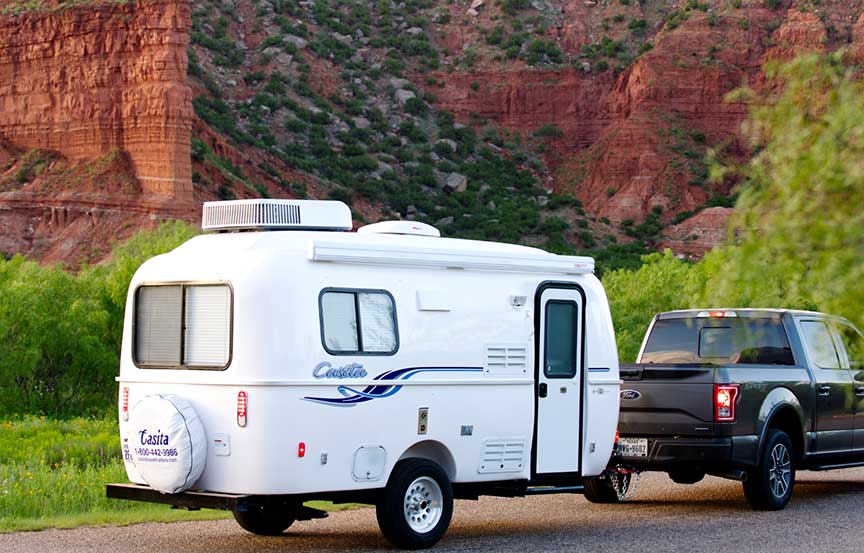
Final Thoughts
Trailer sway is an all too common and preventable cause of many accidents every year. Rather than fearing it, learning about its causes empowers you and will help you take control should you ever find yourself with a renegade trailer. Safe travels, friends, and don’t forget to load the weight towards the front!

